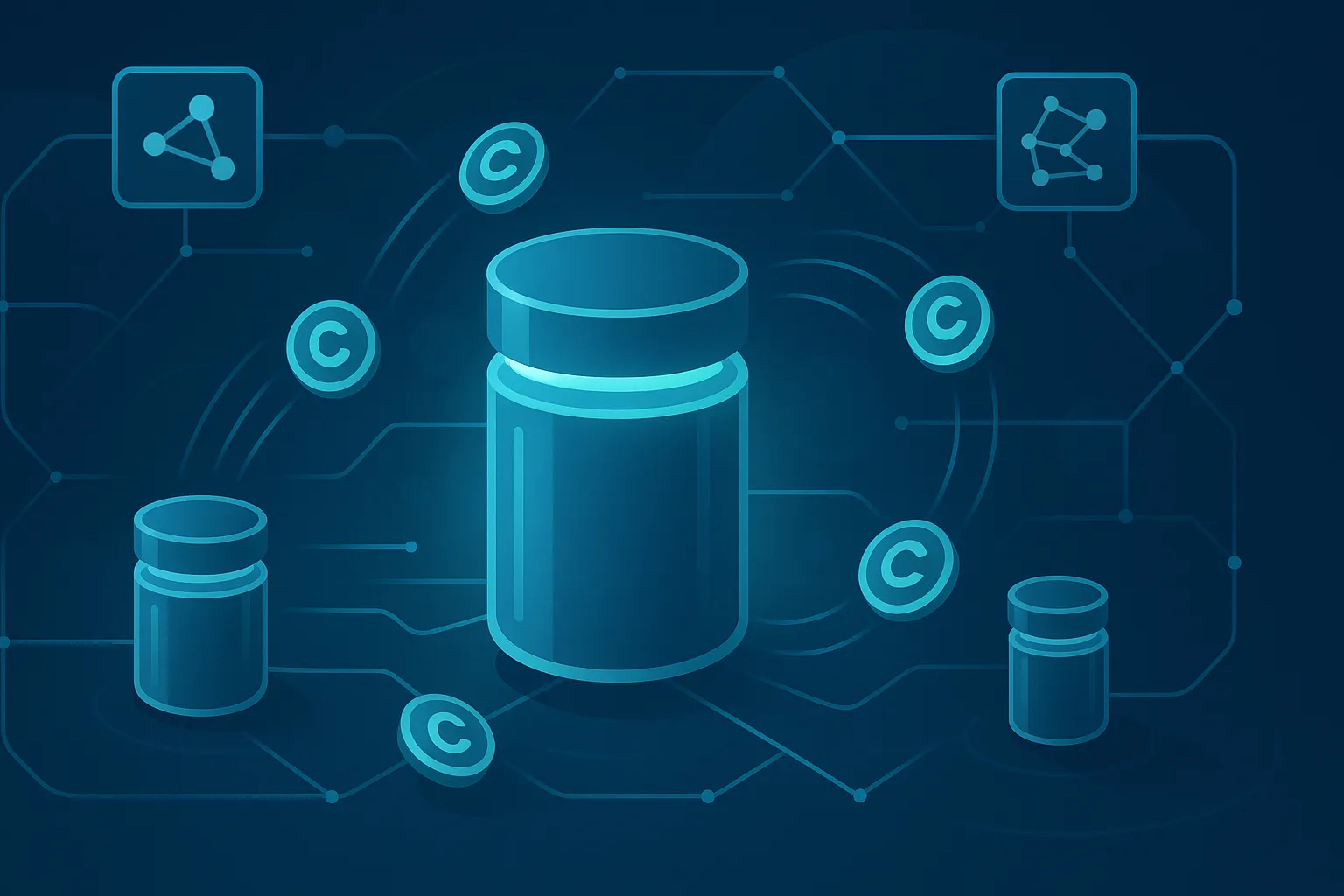Ultimate Guide to ICP Smart Services | ICP Network
ICP Smart Services: Unlocking the Internet Computer’s Full Potential
ICP Smart Services are the future of on-chain data processing and logic on the DFINITY Internet Computer (ICP) network. Unlike traditional smart contracts, “canisters” on ICP combine WebAssembly compute with scalable and tamper-evident storage–powered by “cycles” rather than gas. Smart Services allow DeFi protocols, NFT marketplaces, and decentralized apps to execute with web-native performance levels, auto-upgrades, and implicit interoperability among canisters. In this handbook, you’ll discover the unique strengths of ICP Smart Services, how to deploy and tune them, security best practices, monetization strategies, and use cases—so you can tap into the potential of ICP and build next-generation blockchain applications.
- What Are ICP Smart Services?
- Core Components: Canisters & Cycles
- Deploying Your First Smart Service
- Optimizing Performance & Costs
- Security Best Practices
- Monetization Strategies
- Real-World Use Cases
- Frequently Asked Questions
What Are ICP Smart Services?
ICP Smart Services are stand-alone units of code (canisters) that run on the Internet Computer blockchain. Each canister has compute, storage, and networking capabilities that allow developers to:
- Deploy web assets (HTML/CSS/JS) directly from chain
- Execute complex logic in Motoko, Rust, or other Wasm-compiled languages
- Save immutable data with built-in replication across nodes
- Cross-canister interaction for composable, scalable apps
Unlike EVM gas-based smart contracts, ICP uses “cycles”—pre-purchased compute tokens—to fuel execution. This method decouples execution cost from volatile token prices and offers predictable billing models to end users.
Core Components: Canisters & Cycles
1. Canisters
- WebAssembly containers holding code + state
- Hot-upgradable via on-chain proposals or hot-swap
- Make HTTP APIs and query/update endpoints public
2. Cycles
- ICP canisters spend cycles per computation, storage, and network utilization
- Bought using ICP tokens; held on-chain inside canisters
- Enable micropayments and prepaid charging for users
3. Replica Nodes & HTTP Gateway
- Nodes check, execute, and keep canister data
- Public HTTP Gateway enables browsers to load content directly
Deploying Your First Smart Service
- Set Up Your Local Environment
Install DFINITY SDK (dfx) and choose a language: Motoko or Rust. - Initialize a New Project
dfx new icp-smart-service
cd icp-smart-service - Write Your Canister Interface
Define#[update]and#[query]methods. Example in Motoko:
actor SmartService {
public query func greet(name : Text) : async Text {
return "Hello, " # name # " from ICP Smart Service!";
};
}; - Configure Cycles & Deploy
dfx deploy --with-cycles 1_000_000_000_000 - Test & Iterate
Usedfx canister callfor update calls; integrate with front-end viaic-agent.
Optimizing Performance & Costs
- Cycle Management: Monitor usage via
dfx canister status, batch updates, compress data. - Cross-Canister Efficiency: Minimize cross-canister calls; use query mechanisms for free reads.
- Asset Delivery: Precompile and minify JS/CSS; serve static assets from a canister designed for serving with CDN caching.
- Parallel Execution: Design stateless query mechanisms for concurrency; leverage Wasm threading.
Security Best Practices
- Principle of Least Privilege: Grant minimal permissions for inter-canister calls.
- Code Audits: Regularly audit Motoko/Rust logic and Wasm binaries.
- Immutable State Anchors: Use certified variables for critical data.
- Upgrade Governance: Lock upgrades via multi-sig or DAO approvals.
- Input Validation: Sanitize external inputs and HTTP payloads.
Monetization Strategies
- Direct Cycle Sales: User cycles finance pay-per-use API.
- Subscription Models: Preload monthly cycle to unlock tiered features.
- Token-Gated Access: Restrict endpoints to token or NFT holders.
- Revenue-Sharing Canisters: On-chain splits routing cycles to DAOs or developer pools.
Real-World Use Cases
- DeFi Aggregator: In-chain order settlement as well as oracle canisters for fast settlement.
- NFT Marketplace: Fully in-chain minting as well as auction logic with front-end assets hosted by canisters.
- Decentralized Social: Post/comment canisters along with cycle-funded trust scoring.
Frequently Asked Questions
What are ICP Smart Services?
ICP Smart Services are Internet Computer canisters that bundle compute and storage in modular style to enable high-performance blockchain-native dApps with billing through cycles.




